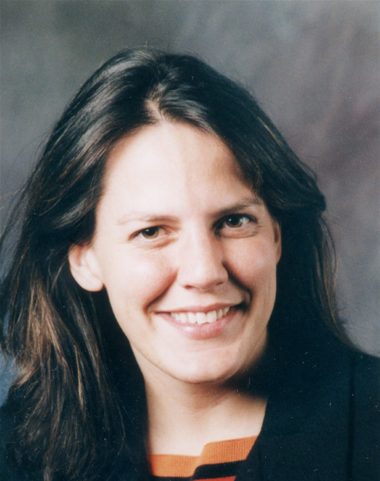The story goes like this. Edmund Burke, 17th century politico and philosopher, visited parliament after the birth of newspapers. When he saw lords and commoners debating, he looked up into the gallery and noticed the newly formed press corps. He turned to his friend and remarked, “Ah … it’s the Fourth Estate.”

Back then the three accepted estates were the monarchy, the church and the commoner. By naming the press the Fourth Estate, Burke was acknowledging the power of the written word to exact oversight upon government. Later broadcasters would deem themselves the Fifth Estate and I often tell my students at Elon University that the Internet could accurately be described as the Sixth Estate.
But today, the news media are sick. They are suffering from a distribution model no longer working and decreased advertising revenue. What once used to be a strong watchdog for the people has been reduced to covering only the most critical issues. The end result is a lack of oversight on the lobbyists and lawmakers. The mortgage lending practices lobbied for and approved by lawmakers that have left this country in economic turmoil is a good example of what happens without a robust press and watchdog.
The Sunshine Center at Elon University, the home for the North Carolina Open Government Coalition, works to increase awareness of open government laws in our state. As news of more layoffs among newspapers and television stations is circulated, the importance of creating a transparent government is critical.
Here’s one example that connects the dots on this issue. During one of my classes last year, my students and I were considering the NFL and its lobbying power—or “advocacy” power, as the lobbyists say. In Raleigh, the NFL had enough sway to convene state lawmakers to discuss offering the NFL Network to cable subscribers. If successful, everyone’s cable bill would increase by $1 per month, which would be new revenue for the NFL of $48 million, or a cost of $12 a year to every cable subscriber. The cable industry was pushing back.
We wanted to listen in as the NFL made its eager pitch to lawmakers. We went online, found when and where the committee hearing was being held and then tried to listen via the Web to what was being said. Unfortunately, that service is only available in two committee rooms of dozens being used on the floor of the house and senate. It was frustrating because the only way to participate would be to drive to Raleigh and sit in the room, not easy for college students and for the working citizens of North Carolina, and almost impossible for the poor and elderly. The next day I scoured the newspaper to find information about the session. But it wasn’t covered by reporters.
The limited access the people of North Carolina have to state proceedings is unacceptable. Everyone in big families or politics knows the real decisions happen in the bedrooms, not the living rooms. Audio access to the General Assembly is like a microphone on the living room. For the people to stand a chance, we also need access to the bedroom.
Without it, decisions in North Carolina are made by the people paid to be there—lobbyists and lawmakers. The public is supposed to be represented by those lawmakers, but we know that isn’t always happening and we know that the financial problems faced by the press are limiting coverage.
Recently a friend of mine who works in the world of politics was describing a new bill introduced in the South Carolina state legislature and accidentally began the sentence, “AT&T introduced a bill today … ”
I teased, “Don’t you mean a representative introduced the bill?”
“Oh, yea, that’s right.”
The cry from Raleigh will be electronic access costs too much. Here’s the choice we have: billions of dollars in bailouts at a cost of thousands to every household in America, or a few million dollars to create transparency so that we strengthen the checks and balances on government.
I hope the people of North Carolina are paying attention and can see the red flags over this democracy. More than 1,000 bills are being introduced into the General Assembly by 170 lawmakers, who can’t possibly be writing all of them. So who is? The answer is the people paid to be there—the lobbyists. That’s a scenario the public needs to watch.
Transparency is cheaper, more effective and consistent with the core principles of democracy that built this state and country. We need it now more than ever.
By Connie Ledoux Book, Executive Director of the Sunshine Center at Elon University


